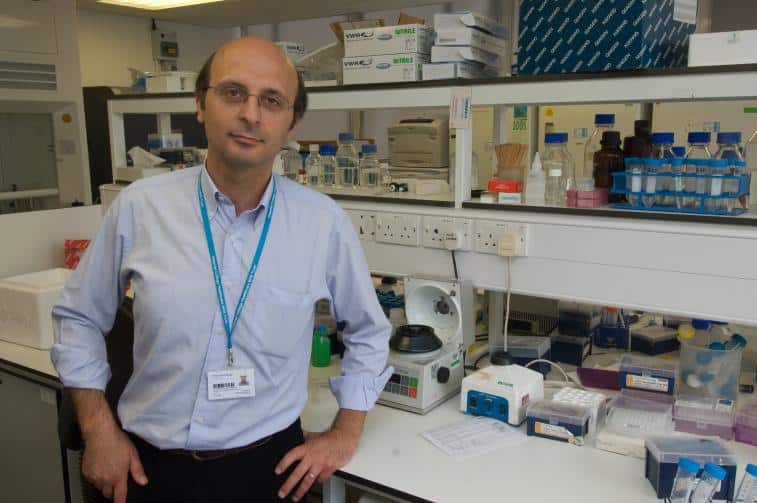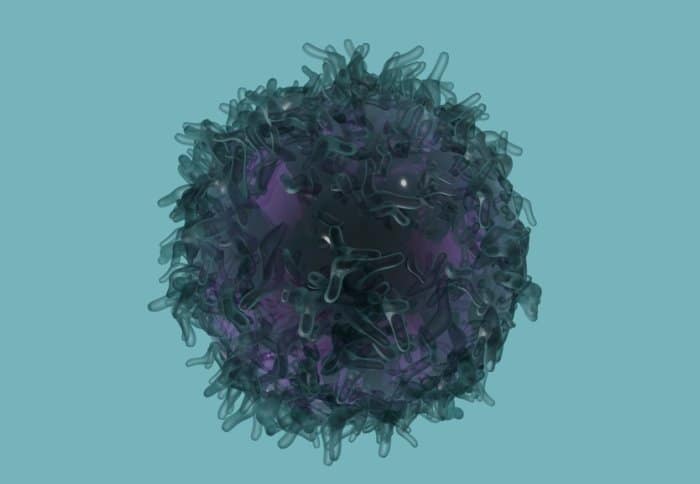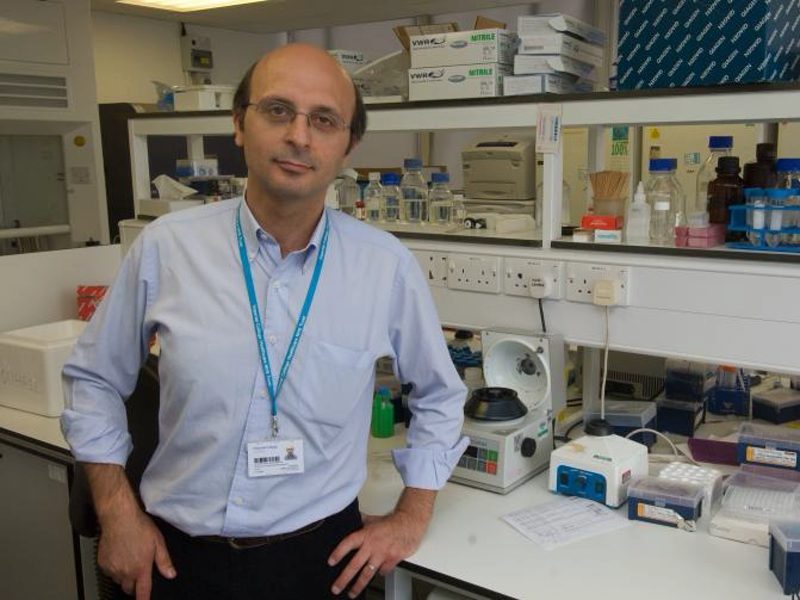
A type of 'supercharged' immune cell could be mass-produced to help fight cancer, announced a group of researchers led by Greek Professor Anastasios Karadimitris has announced.
The researchers behind the early-stage finding, from Imperial College London, say the development could mark the next generation of cutting-edge immunotherapy treatments, called CAR-T therapies.
These personalised treatments involve reprogramming immune cells to kill cancer.
Scientists led by Professor Karadimitris created a genetically engineered version of a natural killer T-cell, called CAR19-iNKT. In tests conducted on mice, the immune cells eliminated all cancer cells in 60 percent. Around 90 percent of the rodents survived long-term.
The researchers behind the study, published in the journal Cancer Cell, are now considering human trials.
Professor Karadimitris said the findings suggest the immune cell "painstakingly engineered' to be 'supercharged' holds promise as a new cancer treatment."
CAR-T therapy has also been named 'one of the most promising new treatments in a generation for lymphoma and leukaemia'. It's personalised and involves removing a type of immune cell from a patient's blood and reprogramming it in a laboratory to target cancers.

This new, altered cell is then multiplied in the lab, and an army of these cancer-fighting cells are placed back into the patient. Trials have shown up to half of the patients are in remission after taking the treatment, having previously had just months to live.
But it does not work for everyone and some patients on medical trials have suffered fatal side effects, including the accumulation of water on the brain.
NHS England announced last week it would be making the first ever CAR therapy licensed for the treatment of lymphoma available to patients.
"Cancer researchers and doctors are very excited about this therapy, as it means that instead of talking to patients about a hospice, we can offer them a treatment that has a good chance of working," said Professor Karadimitris.
Professor Karadimitris graduated in medicine at Aristotelion University in Thessaloniki and undertook his postgraduate clinical training in the UK, first in general medicine and subsequently in haematology including in bone marrow transplantation at Hammersmith Hospital, London. He is currently professor of haematology at the Centre for Haematology, department of medicine, Imperial College, London.
Dr Papanicolaou inventor of Pap Smear helps save millions of women’s lives worldwide


